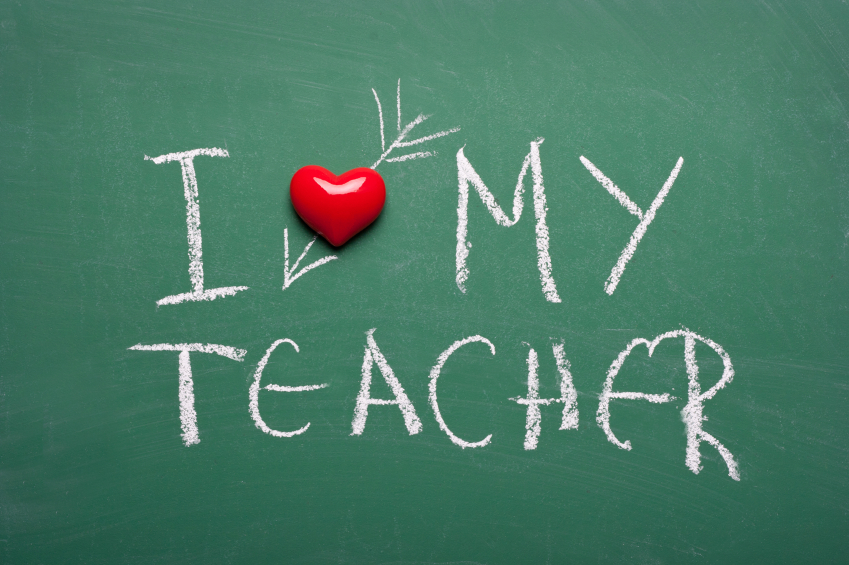 There is a new book out with a title sure to spark parents’ interest: The Smartest Kids in the World. Doesn’t every parent hope – or believe — that our kids are the smartest?
There is a new book out with a title sure to spark parents’ interest: The Smartest Kids in the World. Doesn’t every parent hope – or believe — that our kids are the smartest?
The Washington Post calls journalist Amanda Ripley’s work a “fine book.” Smartest Kids explores, through three American exchange students, the educational systems in South Korea, Finland and Poland. Along the way, Ripley offers insights into our educational system’s strengths and weaknesses.
Ripley zeroes in not on teaching methods, how many hours of homework are assigned, math scores, or the frequency of standardized tests. Instead, she focuses on teachers. Yes, the actual human beings to whom we trust our children every day.
“The most consistent U.S. failing Ripley discovers is our way of selecting and training teachers,” according to education expert Jay Matthews in Sunday’s Washington Post Outlook section. “If we erected barriers to education careers as high as those for lawyering, we would be better off…[but teaching] has nothing remotely comparable to the bar exam.”
This all calls to mine one of my favorite TED Talks, “Every Kid Needs a Champion,” by Rita Pierson, a 40+ year teacher. She convincingly argues, in only 7 minutes and 48 seconds, that the most important quality in a teacher is that he or she inspires trust in kids – by caring about them. She believes it doesn’t matter what subject a teacher masters. Kids only remember information taught to them by teachers who care about them.
That’s my story. As a girl growing up in the 1970s, I was a voracious reader. Math – not so much. Until Rob Camner and Algebra I entered my life. Camner was stiff and formal, but famous for caring – he once got so frustrated by a student’s refusal to learn, he cried in class. He painstakingly taught us hormonal knuckleheads the beauty of solving simultaneous equations. Then I had Nick Markoff, the football coach, who was also taught math and was huge on caring about students. Followed by Betsy Bennett, Betty King, and a few others whose names I can no longer recall. But what I do remember is the math they taught me. Because the teachers cared about math and cared about me, I learned a subject I had almost zero aptitude for.
One of my best proofs that the teacher matters most came years later, at Wharton business school. I had been an English major undergrad and a writer before b-school, so accounting was a foreign language to me. And not a particularly compelling one. On the first exam, I scored 52 out of 800 points. I went to the professor who told me that because I cared enough to come see him, he promised to pass me no matter how I did on his tests. Everything I learned about accounting (which I admit, is small compared to my brainy classmates) I owe to that man.
Most parents have a story or two like mine. Teachers who surprised us by how much they cared, who pointed us in a new direction, who supported talents and dreams even our own parents overlooked. Intuitively, most of us already know the truth of what Amanda Ripley writes about, and Rita Pierson talks about, so convincingly.
As parents, we dream of the best for our children. We try, every day, to give them our best. Naturally, we expect the world of our teachers and our schools. They represent our children’s future. Yet, on average, we pay teachers little and require minimal training. The U.S. public education system is mired in bureaucracy and political infighting. Even in a public school system like Washington, DC’s, with a relatively small 50,000 students compared to Chicago, Los Angeles or New York City, improvements are slow to come and problems widespread.
If we parents believe our kids are so smart – why do we as a country expect so very little of our teachers?





